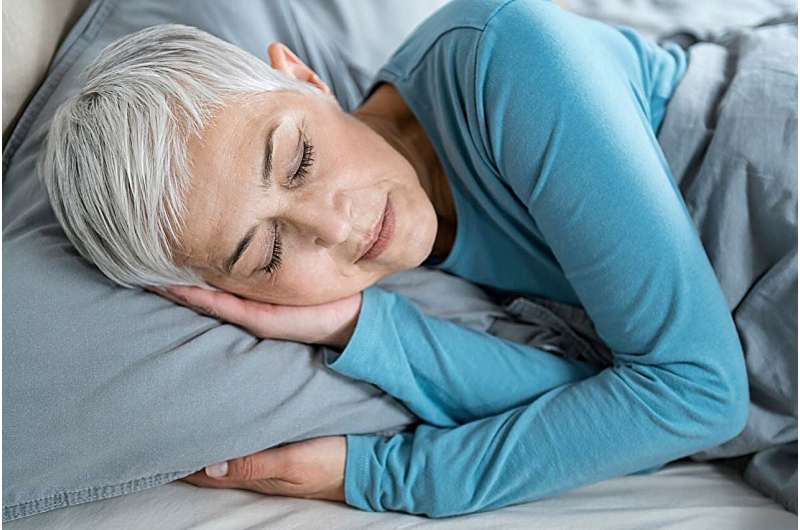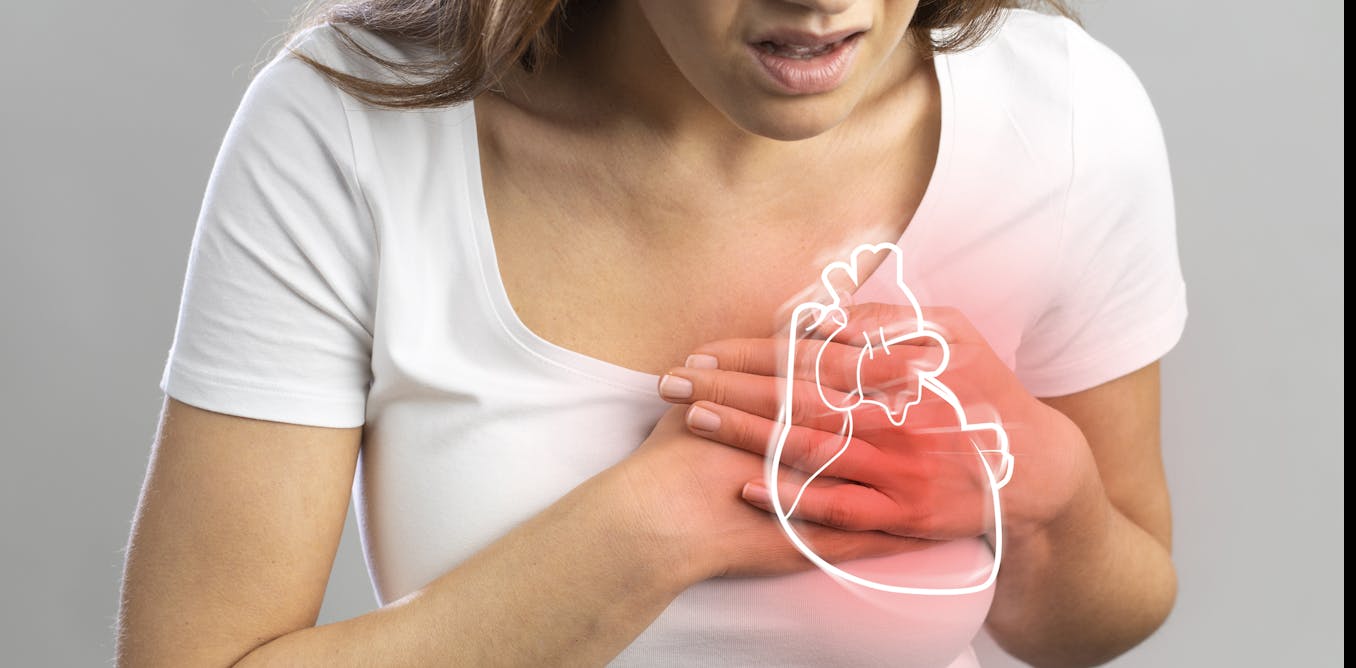
For individuals newly diagnosed with type 2 diabetes mellitus (T2DM), both short and long sleep duration are associated with microvascular disease, according to a study scheduled to be presented at the annual meeting of the European Association for the Study of Diabetes, being held from Sept. 9 to 13 in Madrid.
Mette S. Johansen, from Odense University Hospital in Denmark, and colleagues explored the relationship between sleep duration and the presence of microvascular disease among individuals newly diagnosed with T2DM in a cross-sectional analysis. Sleep duration at night was measured using accelerometers worn for a period of 10 days and was categorized into short (less than seven hours), optimal (seven to less than nine hours), and long (at least nine hours).
Overall, 396 participants had valid sleep duration measures, as well as urine albumin/creatinine ratio measurement and eye examination (used to define microvascular disease). The researchers found that 12, 60, and 28 percent of the participants had short, optimal, and long sleep duration, respectively.
Within these categories, the prevalence of microvascular damage was 38, 18, and 31%, respectively. Both short and long sleep duration were significantly associated with microvascular disease (odds ratios, 2.63 and 2.29, respectively). Age accentuated the association between short sleep duration and microvascular disease for participants aged younger than 62 years compared with those aged older than 62 years.
“Age amplifies the association between short sleep duration and microvascular disease, suggesting increased vulnerability among older individuals,” the authors write.
More information:
More Information
© 2024 HealthDay. All rights reserved.
Citation:
Short, long sleep duration tied to microvascular disease in type 2 diabetes (2024, August 7)
retrieved 5 September 2024
from https://medicalxpress.com/news/2024-08-short-duration-microvascular-disease-diabetes.html
This document is subject to copyright. Apart from any fair dealing for the purpose of private study or research, no
part may be reproduced without the written permission. The content is provided for information purposes only.



